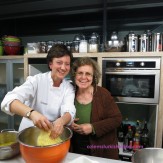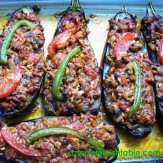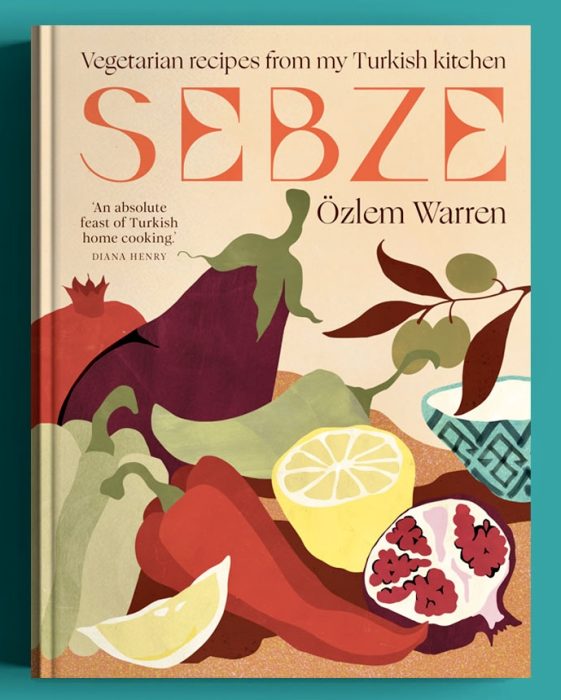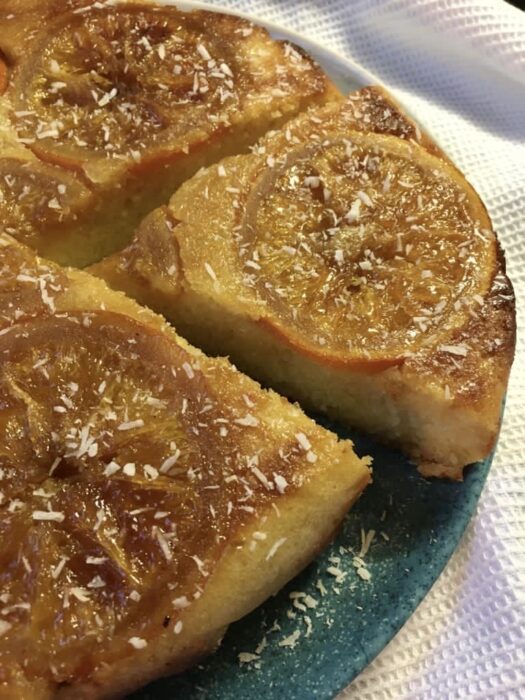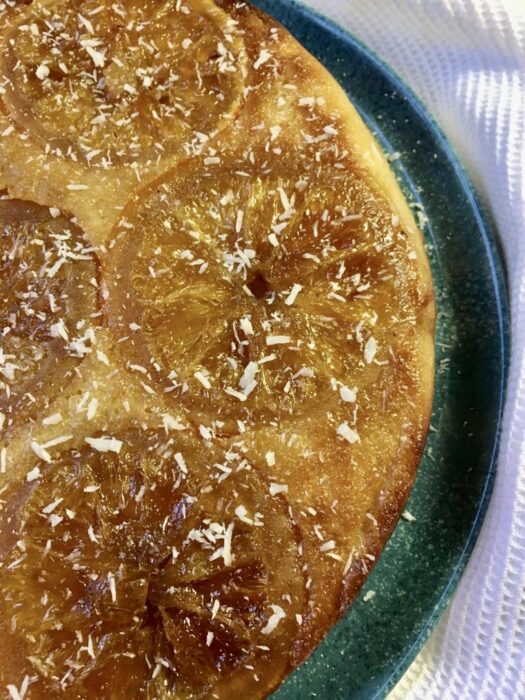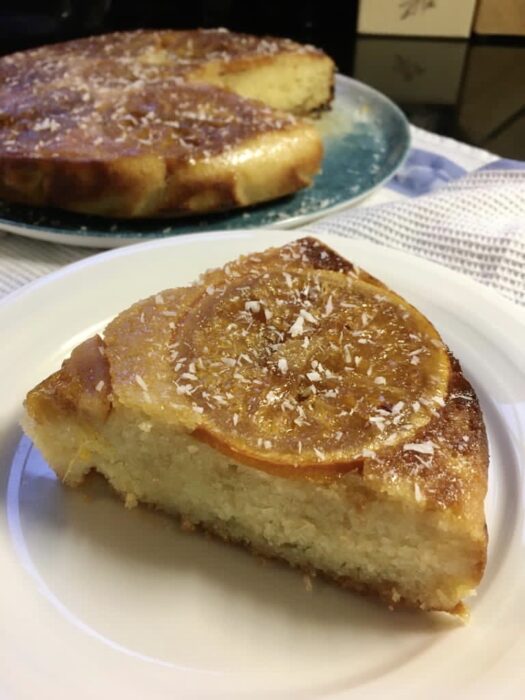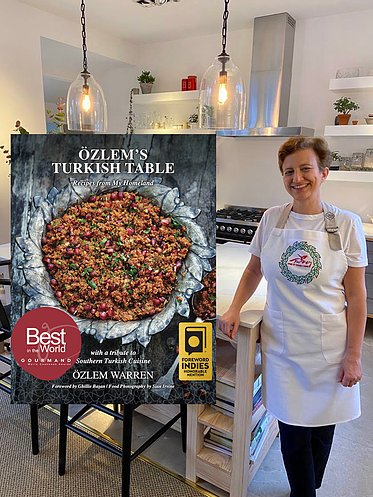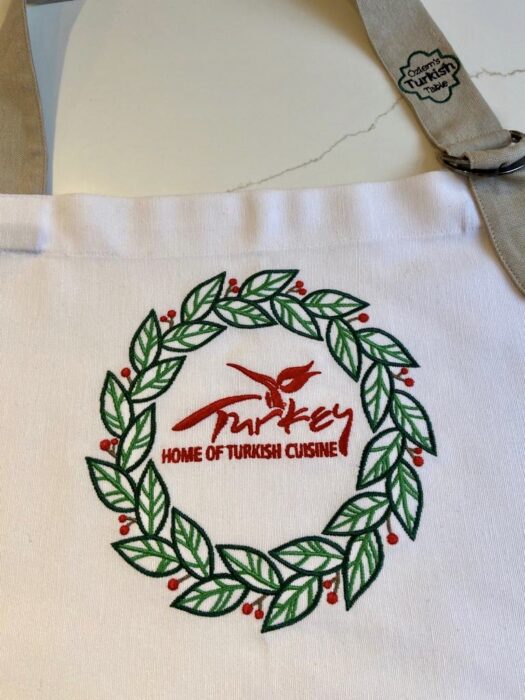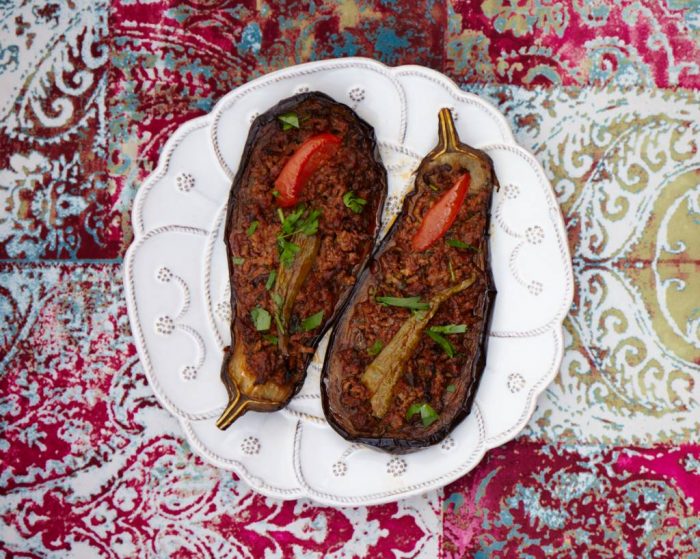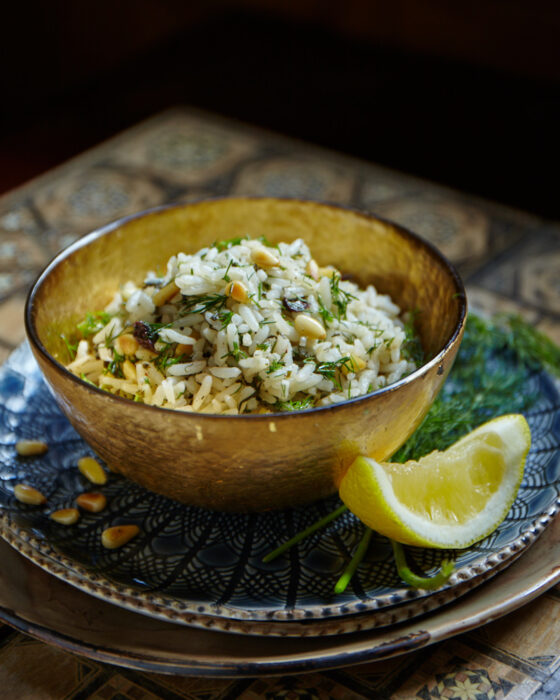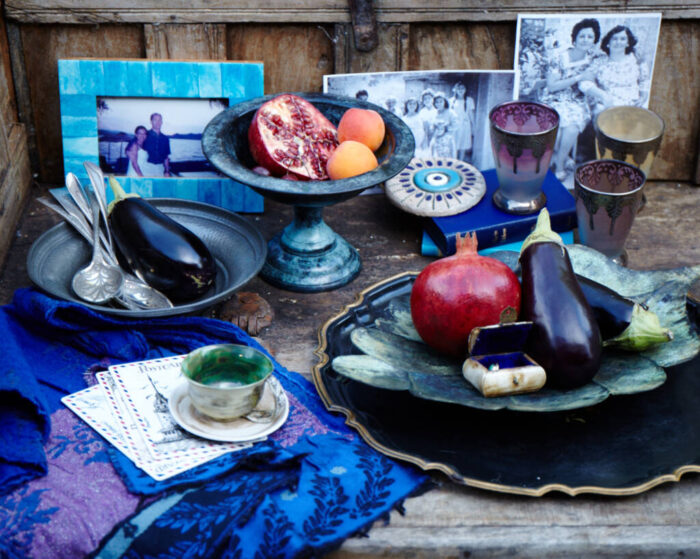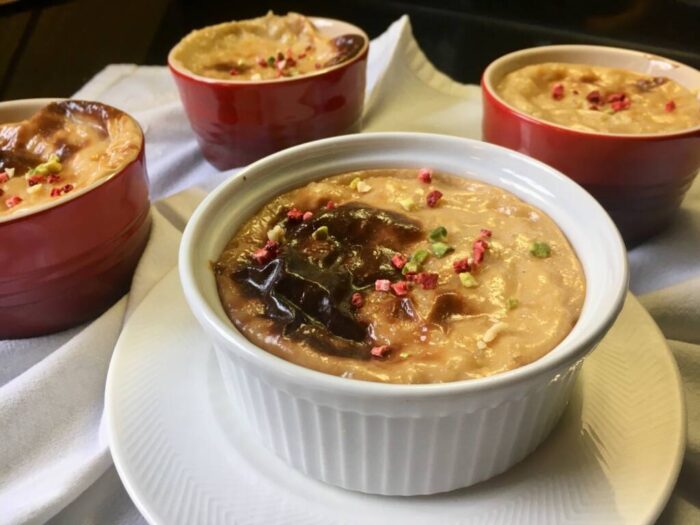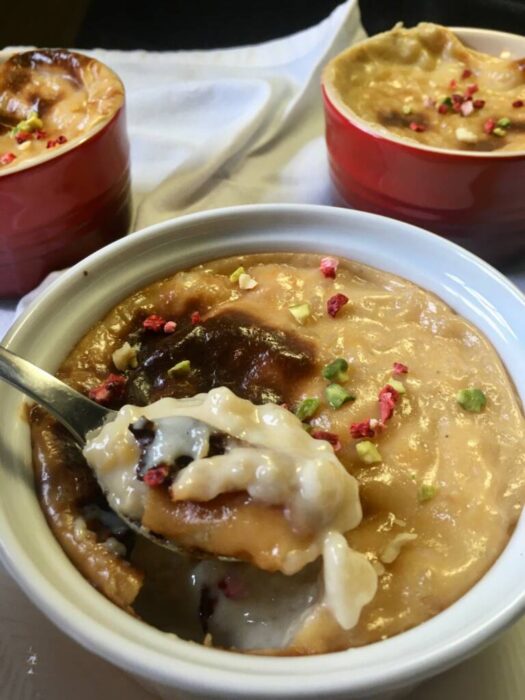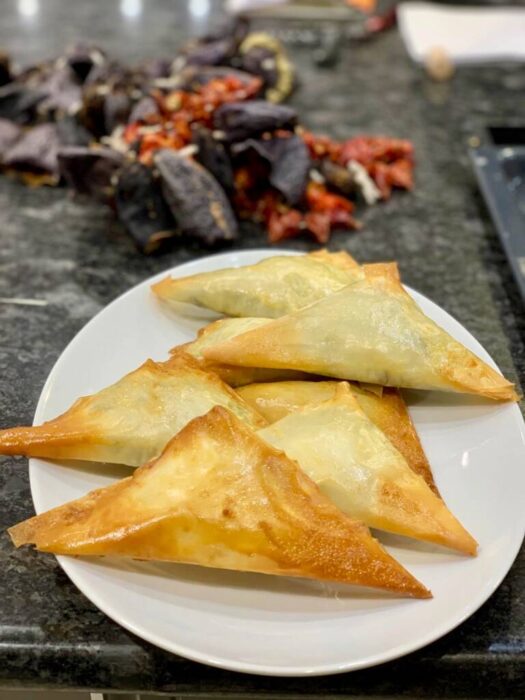
Kestaneli ic pilav from SEBZE cookery book – Image taken during photo shoot with Sam A Harris and Esther M Clark
This fragrant, festive pilaf, from my new cookery book SEBZE, Vegetarian recipes from my Turkish kitchen, is a specialty from the Ottoman palace kitchens and absolutely scrumptious. It encapsulates different textures and flavours – there are the earthy chestnuts and pine nuts, juicy apricots and currants, refreshing dill and parsley with a touch of lemon, and they complement one another beautifully. Although there are many versions of İç Pilav, the common feature is that it always has dried fruits and nuts in it, a legacy from the Ottoman period. Kestaneli İç Pilav appears on our tables on special occasions, religious festivities and for New Year’s Eve. Short-grain baldo rice is traditionally used in Turkey, although long-grain or basmati rice work well too. It is impressive to serve and a meal in itself with a refreshing salad and/or pickles on the side.
I hope you enjoy this delicious, fragrant pilaf from my new book SEBZE, as part of your festive gatherings or to make any day a little bit more special. My new cookery book SEBZE, is my love letter to vegetarian Turkish cuisine with 85 easy, doable, wholesome and delicious recipes and stunning photography by Sam A Harris. It can make a lovely foodie gift too – you can order a copy of SEBZE worldwide here.
My best wishes and afiyet olsun,
Ozlem x
- 2 tablespoons currants
- 350 g (12 oz/1¾ cups) long-grain rice
- 2 tablespoons salted butter (use olive or vegetable oil instead for a plant-based option)
- 2 tablespoons olive oil
- 1 medium onion, finely chopped
- 3 tablespoons pine nuts
- 170 g (6 oz) dried apricots, quartered
- 170 g (6 oz) cooked chestnuts, chopped into small bite-size pieces
- 2 teaspoons ground cinnamon (or more to taste)
- 770 ml (27 fl oz/generous 3 cups) hot water
- small bunch of flat-leaf parsley, finely chopped
- small bunch of dill, hard stalks removed, finely chopped
- 1 tablespoon fresh lemon juice
- sea salt and freshly ground black pepper, to taste
- Soak the currants in warm water for 15 minutes, then drain and set aside. Also soak the rice in a bowl of warm water for 10 minutes, then drain and rinse under cold running water until the water runs clear. This helps to get rid of the extra starch and keep the rice grains separate.
- Heat the butter and olive oil in a heavy, medium pan over a medium heat, add the onion and cook for 7–8 minutes until softened. Add the pine nuts and sauté for about 2 minutes, stirring continuously. As they begin to turn golden, stir in the currants, apricots, chestnuts, cinnamon and the rinsed rice, and combine well for a minute. Season with salt and pepper, pour in the hot water and bring to the boil, then reduce the heat, cover and simmer gently for 18–20 minutes, or until all the liquid has been absorbed. Turn the heat off, cover the pan with a clean dish towel and place the lid on firmly. Rest for 10 minutes (the towel will absorb excess moisture).
- Stir in the chopped parsley, dill and lemon juice, and combine gently, ready to serve and enjoy.


